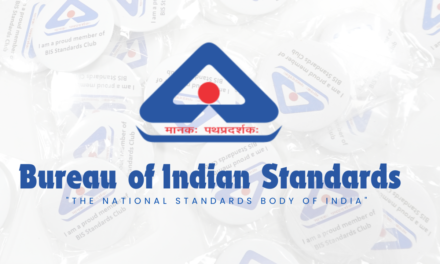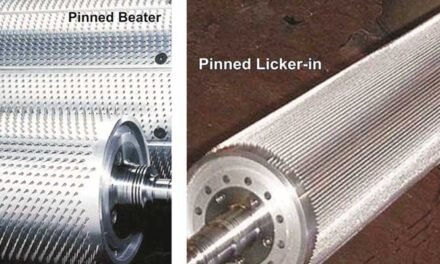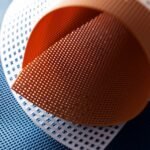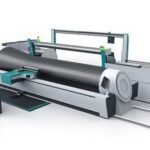Technological Developments Increase the Efficiency of Cotton Textile Production
Technological advancements are revolutionizing the cotton textile production process, leading to significant improvements in efficiency, productivity, and sustainability. Modern machinery and automation are transforming traditional labor-intensive processes into streamlined operations.
For instance, automated ginning systems have significantly increased the speed and efficiency of seed separation, while also improving the quality of the extracted cotton fiber. Advanced spinning technologies, such as ring spinning, rotor spinning, and air-jet spinning, enable the production of a wider variety of yarns with improved strength, uniformity, and consistency.
Furthermore, the integration of automation and robotics in weaving and knitting processes has enhanced productivity and reduced labor costs. Automated guided vehicles (AGVs) are being used to transport materials within factories, minimizing manual handling and improving logistics.
The adoption of Industry 4.0 technologies, such as artificial intelligence (AI) and the Internet of Things (IoT), is further enhancing the efficiency and intelligence of cotton textile production. AI-powered systems can optimize production processes, predict maintenance needs, and improve quality control. IoT-enabled devices can monitor real-time data on production parameters, allowing for better decision-making and improved overall efficiency.
These technological advancements are not only improving the efficiency and productivity of cotton textile production but also contributing to a more sustainable and environmentally friendly industry. By optimizing resource utilization, reducing waste, and minimizing energy consumption, these technologies are helping to create a more sustainable future for the cotton textile sector.








